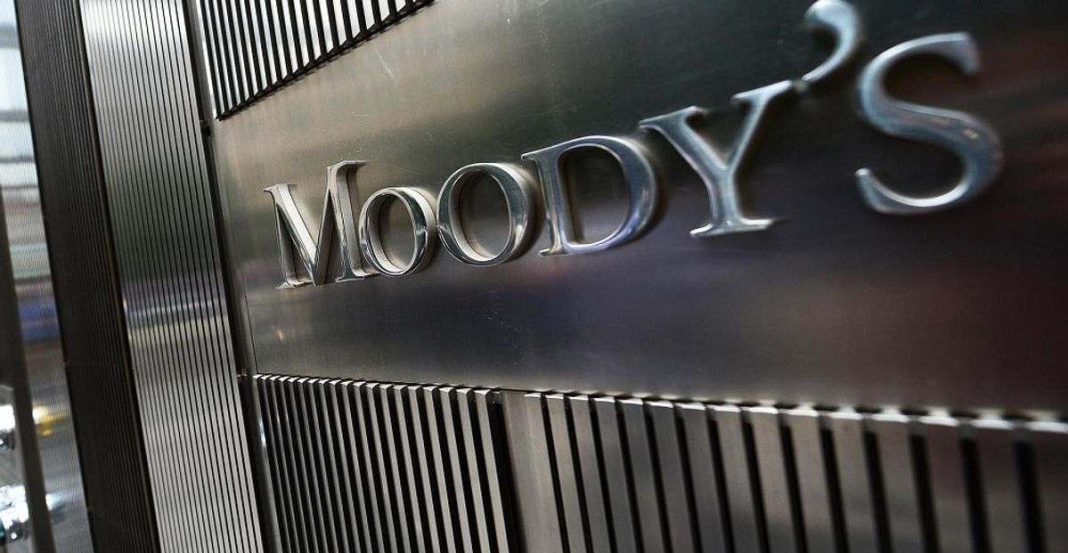“The decision to change the outlook to negative is driven by Pakistan’s heightened external vulnerability risk and uncertainty around the sovereign’s ability to secure additional external financing to meet its needs.” the statement read.
“Moody’s assesses that Pakistan’s external vulnerability risk has been amplified by rising inflation, which puts downward pressure on the current account, the currency and – already thin – foreign exchange reserves, especially in the context of heightened political and social risk”, it added.
Moreover, Pakistan’s “weak institutions and governance strength” were pointed out in the report as it is one of the primary causes of the prevailing economic uncertainty in the country particularly regarding the continuation of the current IMF Extended Fund Facility (EFF) program.
Read More: IMF presses Pakistan to remove petroleum subsidies for revival of its programme
Moody’s Investor Service maintained Pakistan’s credit assessment at B3, which is considered a weak rating.
Pakistan’s fiscal indicators has deteriorated at a high pace amid national and global political turmoil. Inflation in the country touched the highest level in more than two years in May, while the rupee has lost about 10% of value this year to become the worst performing currency in Asia. The forex reserves of the country have dropped to just about $10 billion in the past year, that’s not even enough to pay for two months of imports.
The incumbent government seeks to secure an agreement with the IMF in order to resume the $6 billion Extended Fund Facility (EFF) and access the remaining $3 billion. Funds and loans from other sources have also been conditioned on the continuation of the IMF program. Efforts are underway to secure these funds as the country requires about $36 billion in financing for the fiscal year 2022-23. Sooner or later the government of Pakistan is expected to completely surrender to the terms of IMF as it offers Pakistan the only way out of the current economic turmoil. However, Moody’s suggest that an agreement with IMF could take longer than expected, as the government may find it difficult to reduce fuel and power subsidies given rising inflation.
Read More: UN body: Ukraine war has strongly impacted Pakistan’s economy
The assertion of B3 rating for Pakistan by Moody’s is based on the assumption that Pakistan will conclude the seventh review under the IMF Extended Fund Facility (EFF) program in the second half of this calendar year. This will open doors “to additional financing from other bilateral and multilateral partners…in this case, Moody’s assesses that Pakistan will be able to close its financing gap for the next couple of years,” the statement said.














